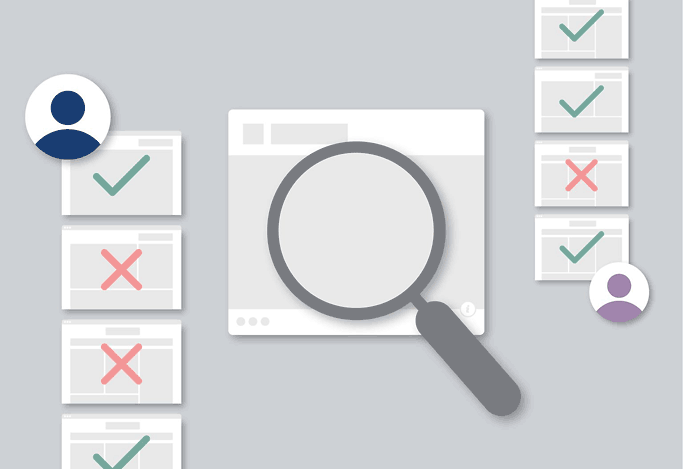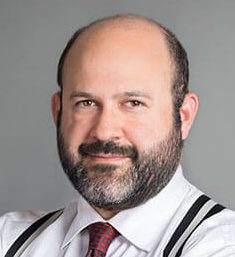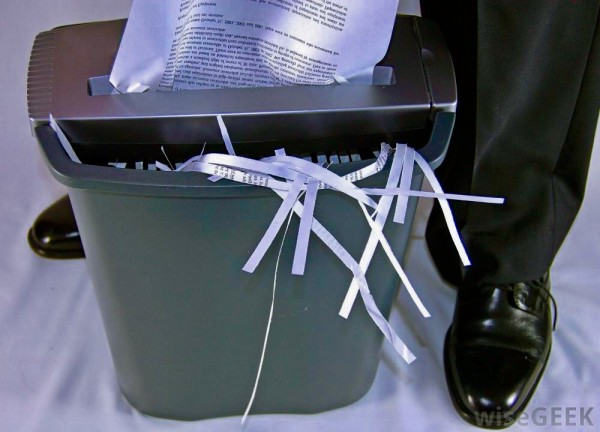Seinfeld’s charm was that it was “a show about nothing.”
Of course, anyone on “the priority circuit” knows that this concept is not limited to TV, and that sooner or later, you have been, or you will be, involved in a priority dispute “about nothing.” You get on the first pre-arbitration/pre-hearing call and one of the lawyers for one of the insurers asks: “so, how much has been paid on this claim that we are all fighting over?” Counsel for the applicant insurer says “nothing.” The answer is met with a collective eye roll and a groan. Eventually, the voice of reason says “Folks, we are fighting over nothing here. Can someone just accept priority?” But nobody accepts priority, and nobody takes any steps either because the cost of getting the information far exceeds the actual amount in dispute, i.e. nothing. So, one insurer proposes a “standstill agreement”. That was Gore’s proposal in Gore and Allstate (Award, January 5, 2022). That’s how things were often done.
However, if inspired by George Costanza himself, the opposite would have to be right: “Yes I will do the opposite. I used to sit here and do nothing, and regret it for the rest of the day, so now I will do the opposite, and I will do something.” In Gore and Allstate, our office acted for Allstate and we decided to do “something” about “nothing.” Allstate brought a motion to dismiss the arbitration on the basis that Gore paid no benefits to the claimant. In Gore and Allstate, Arbitrator Bialkowski held that an insurer who has not paid benefits to the claimant cannot proceed with arbitration.
The “pay now, dispute later” philosophy underlies Ontario’s priority dispute system. However, Gore and Allstate (following Economical v. Intact) takes this principle further to “don’t pay, never dispute.” Justice Chalmers held in Economical v. Intact (2021 ONSC 3249):
“It is my view that Economical cannot bring a priority dispute against Intact when it did not first pay benefits to Ms. Belhumeur. The rationale behind the ‘pay first and dispute priority later’ policy is to promote the timely delivery of accident benefits: see Chubb, at para. 40. To permit Economical to purse a priority dispute without making any payment is inconsistent with this policy. Also, if no payment is made by Economical, there is nothing for Intact to reimburse on a priority dispute.”
There are, of course, practical consequences to being the insurer stuck with an OCF-1 but having made no payments on the claim. However, Justice Chalmers was unpersuaded:
“Economical argues that s. 3(1) of that regulation imposes strict time limits on an insurer to put another insurer on notice of a priority dispute, and it may be necessary for an insurer to provide notice of a priority dispute before it makes a payment to the claimant. Economical argues that paying a claim is not a prerequisite to providing notice pursuant to s. 2.1(6) of Disputes Between Insurers. I acknowledge that there may be circumstances in which notice must be provided before the first insurer makes a payment. Although a payment may not be a prerequisite to providing notice, it is my view that the insurer cannot proceed to an arbitration hearing to dispute priority unless it first makes a payment to the claimant.”
Arbitrator Bialkowski focused a considerable portion of his decision in Gore and Allstate expanding on the problems that insurers would face under a regime where no payment means no dispute. Nevertheless, Arbitrator Bialkowski held that he was bound by Justice Chalmers’ decision and ruled in Allstate’s favour:
On the basis of that set out above, I would find that a payment having been made is not a pre-condition to an arbitration being commenced in accordance with the dispute mechanism set out in O. Reg 283/95. Receipt of OCF-1 Application for Benefits ought to be the pre-condition. Unfortunately, I am bound by the appellate decision in Economical (supra), despite my strong views to the contrary, as I do not believe that the underlying facts in that case sufficiently different so as to make the decision in Economical distinguishable. Justice Chalmers dealt with the PAU and non-payment of benefits separately.
Although Gore did not appeal Arbitrator Bialkowski’s decision, it remains to be seen whether the next decision on this point gets appealed for any of the reasons identified by Arbitrator Bialkowski.
However, as we fondly remember Arbitrator Guy Jones, recall his comment in Zurich v. Cooperators:
“While this may seem unfair… it should be remembered that in the next case that same insurer may be the beneficiary.”
If you are an insurer that has not made a payment on the claim, consider doing so before proceeding with arbitration. If you are a second-tier insurer who has been put on notice or who is responding to an arbitration demand, check whether the first tier insurer/applicant ever made a payment. An insurer confronted with nothing can still do something.





